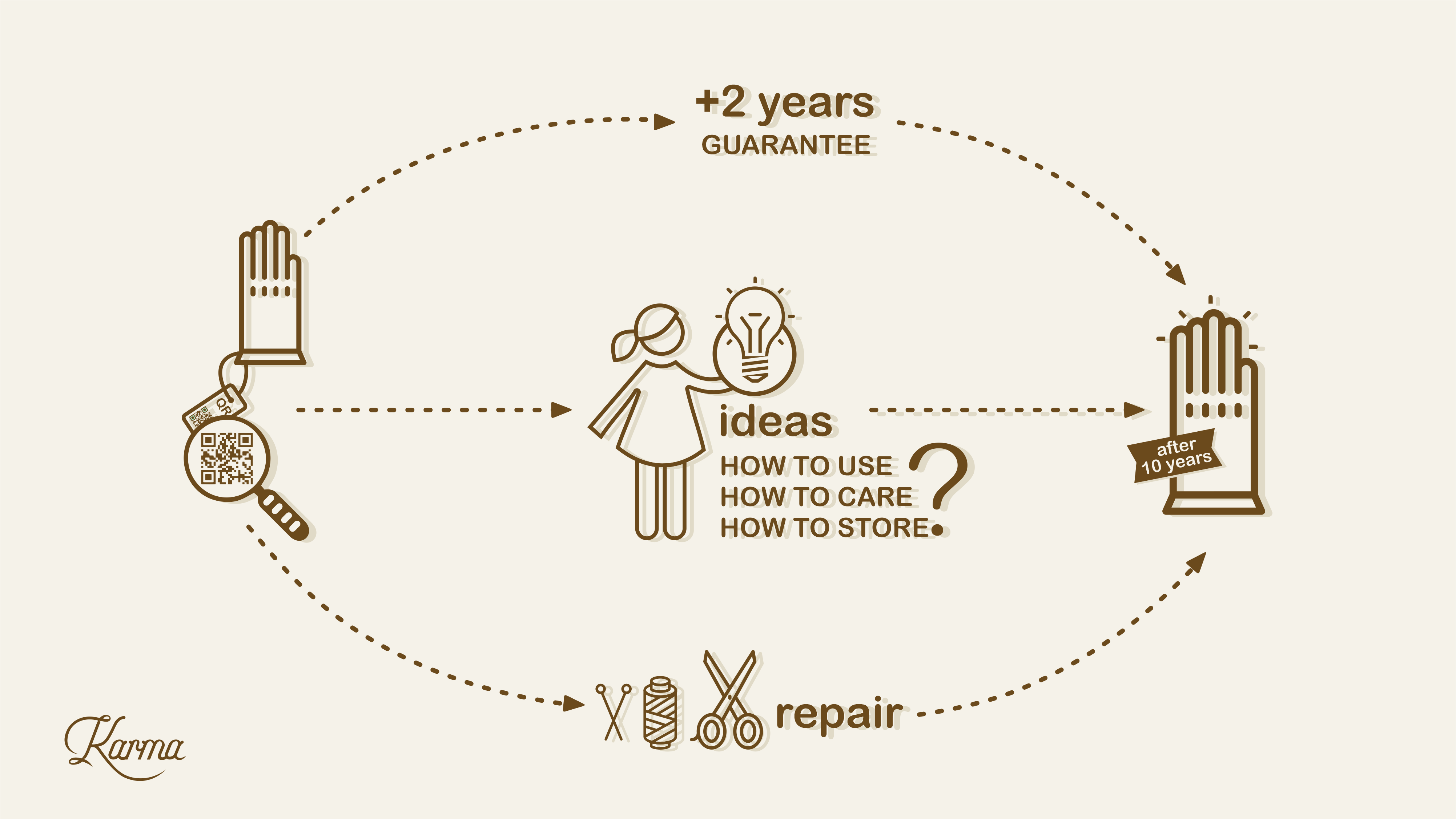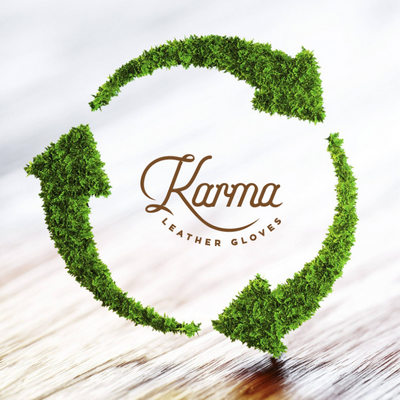From a PGI standpoint, the Sustainability Trigger Point
Sustainability is a critical topic in today's society, yet its comprehension and practical application are not always straightforward. PGI, or Pécs Gloves International, is a corporation that sets a good example by creating and implementing these principles. We've learned along the way that identifying ourselves is difficult, but dedication and a multifaceted approach will help us on our way to a more sustainable future. Economic efficiency, environmental responsibility, and social responsibility are all important to PGI's work, and we hope they will encourage others to think in a more sustainable manner.
A system must be constructed from the ground up.
Before I could start working on the entire system, I realised that we couldn't describe ourselves as a corporation. We know exactly what we manufacture and why, yet our own brand and factory are entirely perplexed, and our connection with the outside world is unclear. As a result, I am unable to distinguish if I am a manufacturer or a brand, and I am unable to identify the parts of sustainability and how to evaluate them.
That is the major difference between our sophisticated strategy and other brands: we take the product from production to the brand and all the way to the end consumer. We receive a lot of comments and queries from worldwide companies, merchants, and you as end customers via the webshop. Since then, I've attempted to approach the process from various angles.
The brand name, which has been used since the factory was founded in 1994, has been developed to simplify communication. Szilárd Béres, who played a major role in the creation of the company, and it was his advice that we should become PGI, or Pécs Gloves International. It was crucial for us that our overseas partners recognized the heritage of the city of Pécs in glove manufacturing, so we incorporated the city's name into the brand name, despite the fact that accented words are often a problem in other languages.
The Karma Pécs Gloves brand has been around since 2000 and was mostly a category filler for us. Customers received extra models that were not typical, and we filled the factory's vacant capacity. Today, the brand is much more than that, and as aficionados of handcrafted items, you will notice it more and more this year. The change is a long one, but we hope you like it.
But, returning to sustainability, we establish three pillars: environmental, social, and economic. A corporation, a brand, a factory, or any market participant, even an average individual, may be termed sustainable if its decision-making systems incorporate these three pillars. I must agree that this is not an easy task. If you buy a clothing brand whose raw materials are ecologically benign but it is manufactured in a factory where fair labor practices are not followed, you have made the proper option. That's a question to which everyone has an answer. The more I asked these questions, the more I realized I'd never be able to properly make the right decision.
These challenging and sometimes intractable topics leave us feeling helpless or disinterested. Because you will be punished if you make a tough decision, please do not make this error! A decision that is only partly sustainable might be a good one. Because in this case, you are doing something rather than nothing. These are the difficulties that compelled me to go for the circular economy model, which, in my view and based on my understanding, could solve the majority of the problems. The circular economy model is founded on the premise that at the end of the product life cycle, the input material utilized returns to the input level (this is not a textbook definition, but my interpretation).
The principles we want to follow:
Economic pillar - profit-oriented business, not promoting overconsumption or wasteful storage, and a primary focus on maintaining the profession at the greatest level.
Environmental pillar - products should have a long life span, raw materials used, localness, waste management, use of recycled energy, reparability and repair of products, second hand sales, recycling
Social - adhering to previous values, increasing the reputation of the glove trade, conserving traditions, and passing on expertise.
This year, we will launch the first phase of our sustainability strategy on the domestic market. We attempted to put it together in a simple and clear way with graphic artist Csilla Varga in the pictogram below. Thank you for drawing the turmoil out of my thoughts once more.

Karma's new collection will now have a unique serial number that will be recorded in the system and will include an additional warranty, a wealth of valuable information, and repair services, but more on that in the next part.























